Maintaining a healthy bladder is crucial for your overall well-being. A well-functioning bladder not only supports urinary health but also plays a vital role in preventing common issues like urinary urgency and incontinence. An essential aspect of promoting bladder health lies in the vitamins you consume.
Vitamins for bladder health can significantly influence how effectively your bladder operates. They support the bladder’s function and are instrumental in managing symptoms related to urinary urgency and incontinence. By integrating these nutrients into your diet, you enhance your body’s ability to maintain urinary health.
In this article, we will explore the 5 essential vitamins for a healthy bladder and highlight their food sources. Discover how incorporating these vitamins into your daily routine can lead to improved bladder functionality and contribute to your overall health.
1. Vitamin C
Vitamin C is crucial for maintaining a healthy bladder, especially when it comes to reducing the feeling of needing to urinate urgently. This vitamin has antioxidant properties that protect the bladder lining from irritants and infections, leading to better bladder function. It also supports the immune system and helps the body fight off urinary tract problems.
Why Vitamin C Matters for Bladder Health
Here’s why Vitamin C is important for your bladder:
- Reduces Urinary Urgency: By protecting the bladder lining, Vitamin C can help decrease the frequent urge to urinate.
- Boosts Immune Defense: This vitamin strengthens your immune system, making it more effective in combating urinary tract issues.
- Promotes Healthy Bladder Function: With its protective effects, Vitamin C contributes to overall bladder health and function.
Delicious Sources of Vitamin C
Getting enough Vitamin C in your diet can be both easy and enjoyable. Here are some delicious foods that are rich in this vitamin:
- Citrus Fruits: Oranges, lemons, and grapefruits are packed with Vitamin C, providing a refreshing way to increase your intake.
- Strawberries: These berries are not only tasty but also loaded with this essential vitamin.
- Bell Peppers: Particularly red bell peppers, which offer a high concentration of Vitamin C, adding vibrant color and nutrition to meals.
Be Mindful of Supplements
While it’s generally beneficial for bladder health to get Vitamin C from food sources, it’s important to be cautious with high-dose vitamin supplements. In some cases, these supplements may worsen urinary storage problems. Therefore, focusing on natural sources ensures you receive the benefits without any potential negative effects.
Overall Wellness Benefits
Including these foods in your regular diet not only supports your bladder but also contributes to your overall well-being. They provide essential nutrients that help maintain optimal bodily functions and promote good health.
2. Vitamin D
Vitamin D plays a crucial role in maintaining a healthy bladder, with deficiency often linked to pelvic floor disorders. These disorders can significantly contribute to urinary incontinence, affecting daily life quality. Studies have shown that individuals with lower levels of Vitamin D are more prone to experiencing these issues due to weakened pelvic muscles.
Maintaining adequate Vitamin D levels is essential for optimal bladder health and overall well-being. This vitamin aids in strengthening the pelvic floor muscles, reducing the risk of incontinence and improving bladder control. You can naturally boost your Vitamin D levels through:
- Sunlight exposure: Your body synthesizes Vitamin D when exposed to sunlight, making it one of the most efficient sources.
- Dietary sources: Incorporating foods rich in Vitamin D like milk, yogurt, eggs, and fatty fish into your diet can help maintain sufficient levels.
- Supplements: In cases where natural sources are insufficient, Vitamin D supplements can be an effective alternative.
Understanding the importance of this vitamin and ensuring you get enough from various sources can lead to better bladder health and minimize the risk of urinary incontinence and related issues.
3. Magnesium
Magnesium is important for keeping the bladder healthy because it helps reduce muscle spasms, which are a common cause of incontinence symptoms. This mineral works by relaxing the muscles of the bladder, providing relief for people who often feel the urge to urinate or experience leakage without control. Getting enough magnesium is often recommended as one of the best vitamins for bladder health, as it can help stabilize bladder function and support muscle relaxation.
Foods Rich in Magnesium
Adding foods that are high in magnesium to your diet can be an effective way to enjoy these benefits. Here are some great sources of magnesium:
- Leafy greens: Spinach, kale, and Swiss chard are not only packed with magnesium but also offer other essential nutrients.
- Nuts and seeds: Almonds, cashews, and pumpkin seeds are convenient snacks that provide a significant amount of magnesium.
- Whole grains: Foods like quinoa, brown rice, and whole wheat bread contribute to your daily magnesium intake while promoting digestive health.
By including these foods in your meals, you can ensure you’re getting enough magnesium to support your bladder’s function effectively. This approach not only targets muscle spasms but also aligns with overall nutritional balance, further enhancing bladder health management.
4. CoQ10 (Coenzyme Q10)
Coenzyme Q10 (CoQ10) is an essential nutrient that plays a significant role in maintaining both kidney and bladder health. Known for its powerful antioxidant properties, CoQ10 helps protect cells from oxidative stress, which can damage organs over time. The kidneys, as important parts of the urinary system, benefit greatly from CoQ10’s ability to improve cellular energy production and reduce inflammation.
Benefits for Kidney and Bladder Health
- By supporting cellular energy production, CoQ10 contributes to the efficient functioning of the kidneys and bladder.
- Its antioxidant properties help neutralize free radicals, reducing damage to these organs and promoting overall urinary health.
Recommended Dosages and Forms
- CoQ10 supplements are available in various forms, including capsules, tablets, and softgels. The typical recommended dosage ranges from 100 mg to 200 mg per day, depending on individual health needs.
- To enhance absorption, consider taking CoQ10 supplements with meals containing healthy fats.
Integrating CoQ10 into your daily routine may offer substantial benefits for your bladder and kidney health. Keep in mind that consulting with a healthcare professional before starting any new supplement regimen is advisable.
5. Cranberry Extract
Cranberry extract, rich in proanthocyanidins, is a powerful ally in maintaining urinary health and preventing urinary tract infections (UTIs). This is especially beneficial for women, who are more prone to such infections. These strong compounds found in cranberries stop bacteria from sticking to the walls of the bladder, lowering the chance of infection.
Options for Cranberry Products
When looking into cranberry products for bladder health, you have two main choices: juice and supplements. Each has its own factors to consider:
Cranberry Juice:
- Offers a natural source of proanthocyanidins.
- Often contains added sugars, which can be a downside for those monitoring sugar intake.
- Consuming large amounts may lead to calorie surplus.
Cranberry Supplements:
- Provide a concentrated dose of active ingredients without added sugars.
- Available in various forms like capsules, tablets, or soft gels.
- Ideal for those who prefer not to drink large quantities of juice.
Choosing the right form depends on personal preferences and dietary considerations. Adding cranberry extract to your routine can be an effective step toward improving bladder health and lowering UTI risks.
Additional Lifestyle Practices to Support Bladder Health
Maintaining a healthy bladder involves more than just vitamins. Here are some lifestyle practices that can support your bladder health:
1. Stay Hydrated
Hydration plays a crucial role in bladder function. Drinking adequate water helps flush out toxins and reduce the risk of urinary tract infections (UTIs). Aim for at least eight glasses of water daily unless advised otherwise by a healthcare professional.
2. Limit Alcohol and Caffeine Intake
Limiting alcohol and caffeine intake can significantly benefit bladder health. Both are diuretics, which can increase urine production and lead to frequent urination or urgency. Reducing consumption can help manage these symptoms and maintain better control over bladder function.
3. Follow a Well-Balanced Diet
A well-balanced diet is essential for supporting bladder health. Incorporating fiber-rich foods like whole grains, fruits, and vegetables aids digestion and prevents constipation, which can pressure the bladder. Including healthy fats from sources such as avocados, nuts, and olive oil supports overall health without irritating the bladder.
These lifestyle practices complement the intake of the best vitamins for bladder health, ensuring a comprehensive approach to maintaining urinary wellness.
Conclusion
Incorporating the best vitamins for bladder health into your diet can significantly enhance your overall well-being. These nutrients, including Vitamin C, Vitamin D, Magnesium, CoQ10, and Cranberry Extract, play vital roles in supporting bladder function and preventing common issues.
A holistic approach is key. Combining these essential vitamins with lifestyle practices—such as staying hydrated, limiting alcohol and caffeine intake, and maintaining a balanced diet rich in fiber—can lead to sustained improvements in bladder health.
Embrace this path towards better overall bladder health. Small steps like integrating these vitamins into your daily routine can make a big difference. Start today by exploring natural food sources or supplements that fit your nutritional needs and lifestyle preferences. Prioritizing your bladder health now will pay off with long-term benefits.

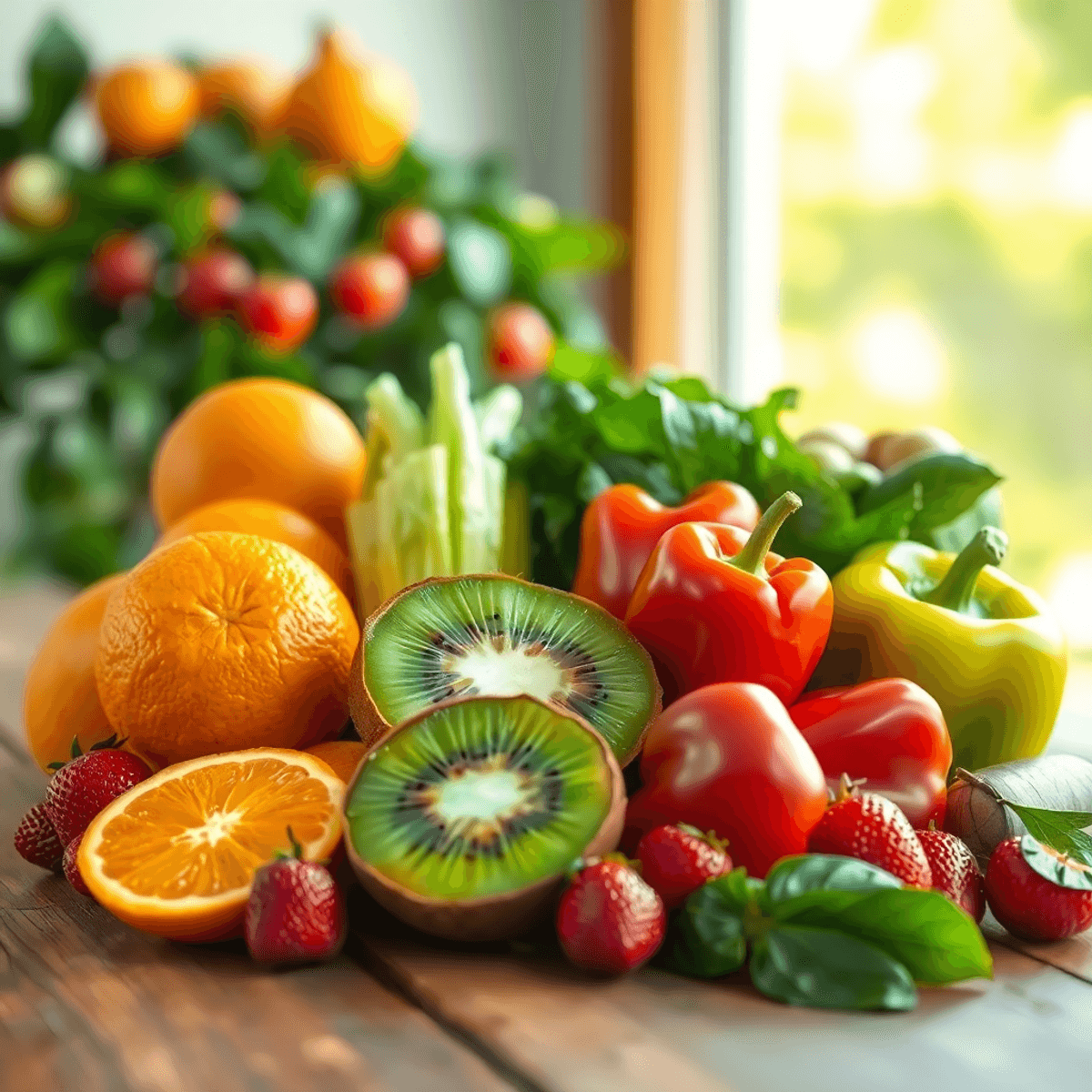


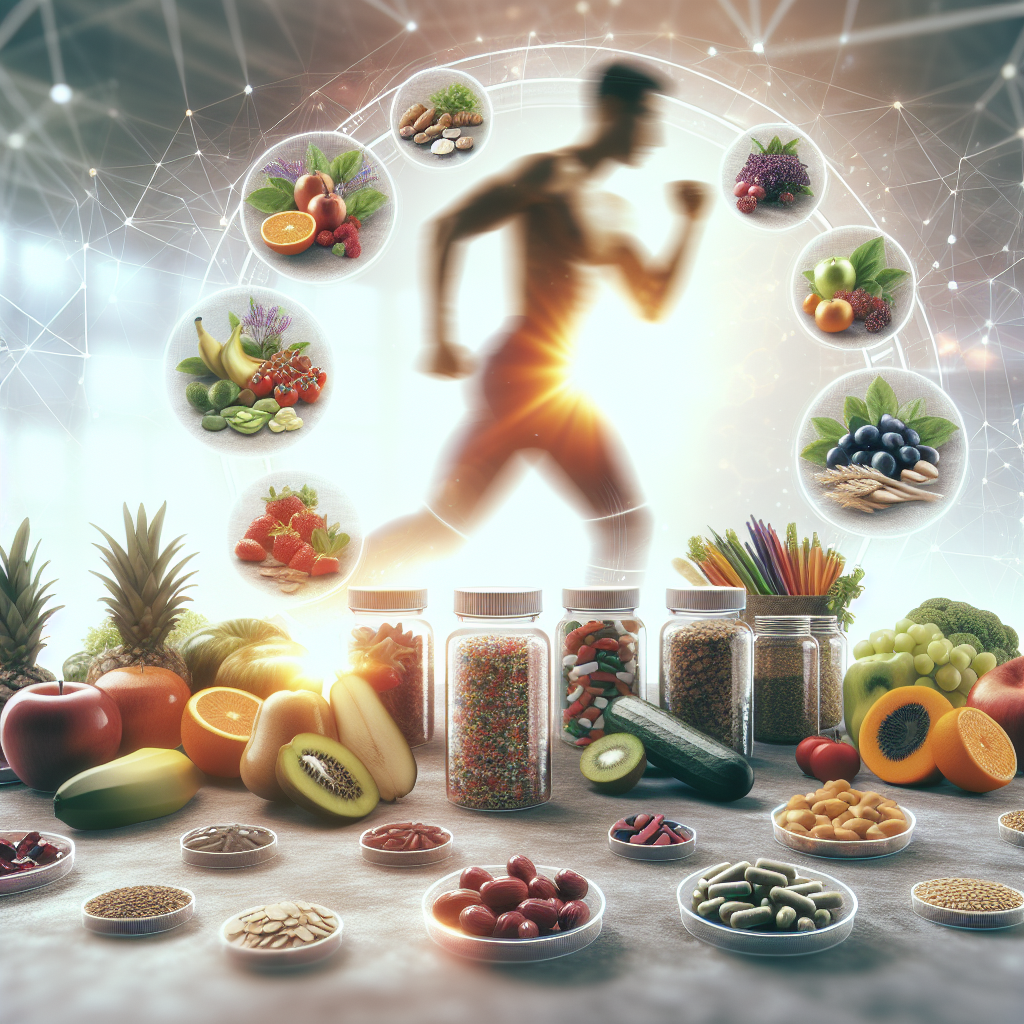


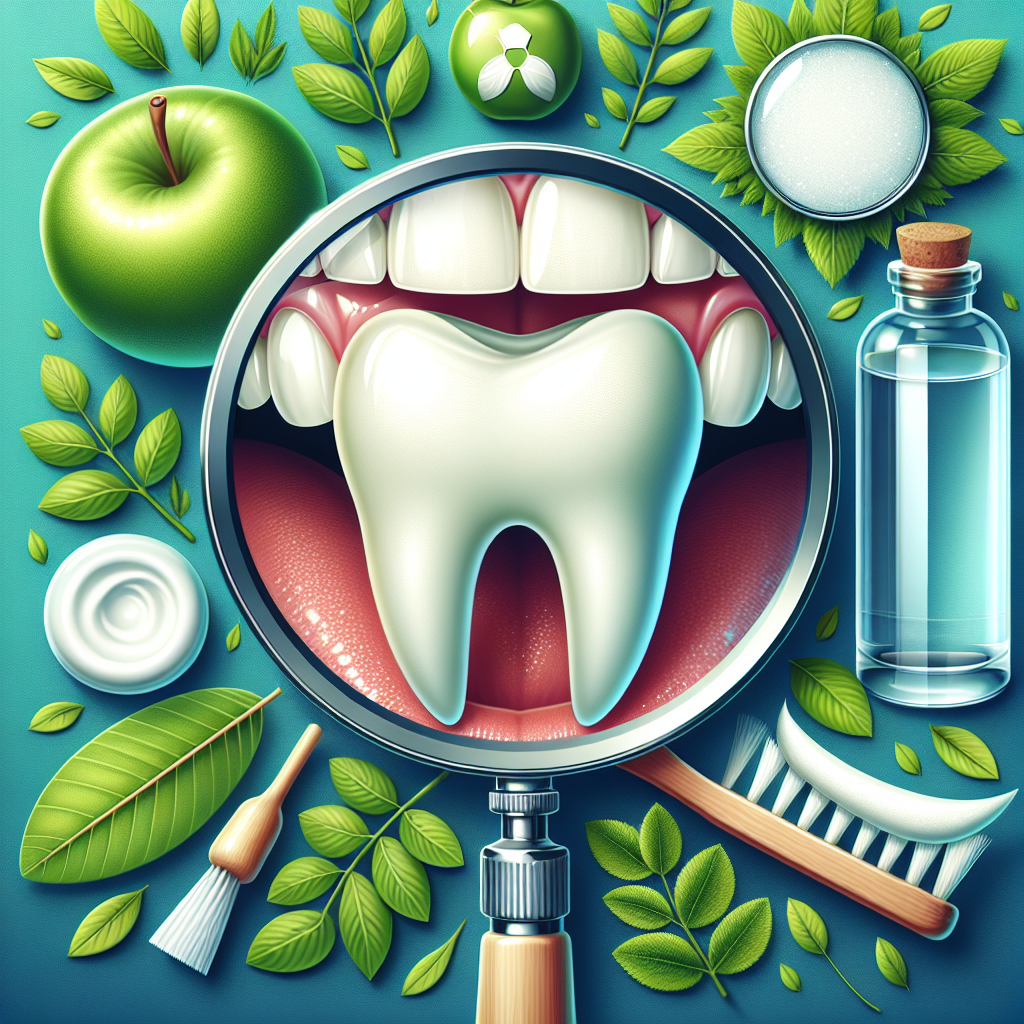


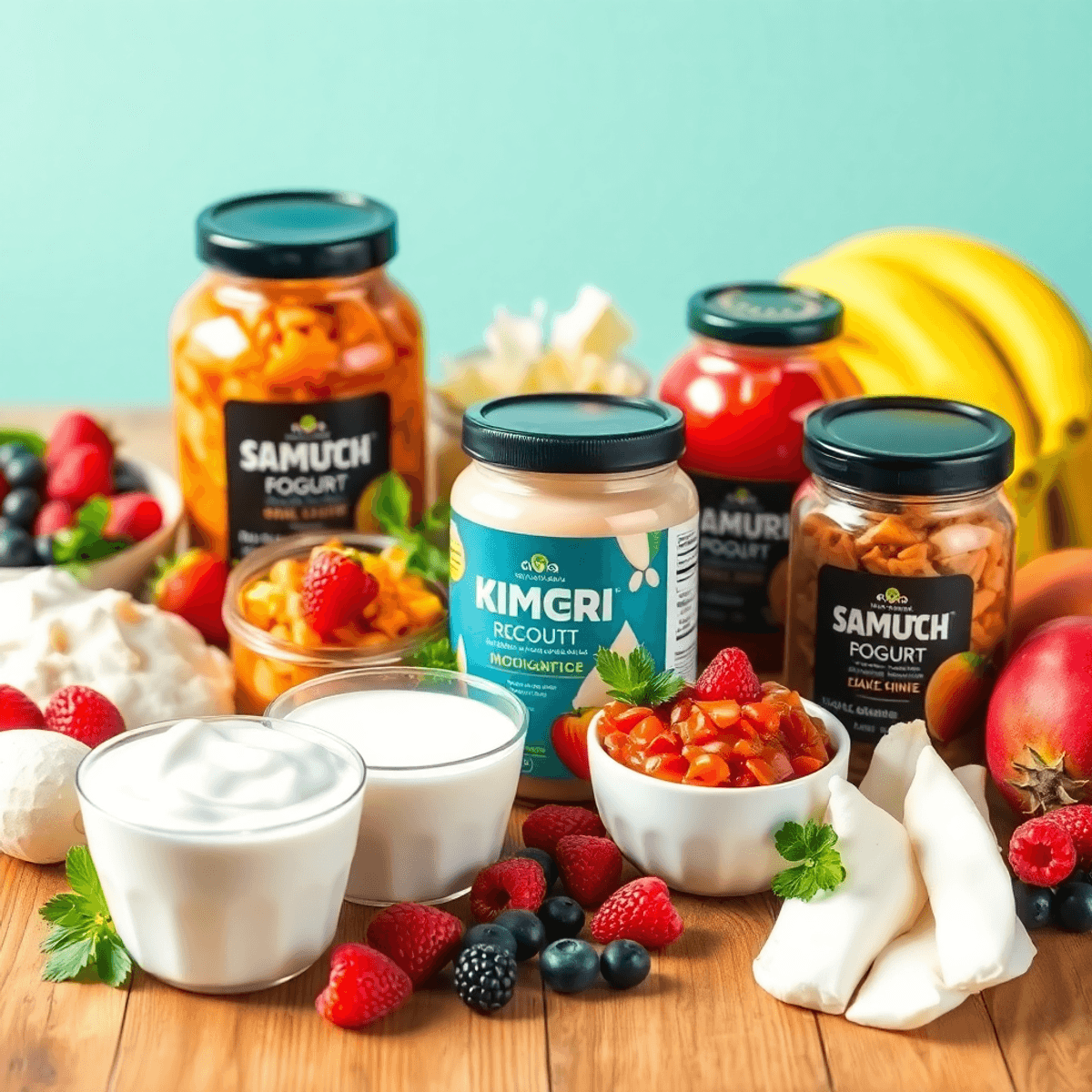
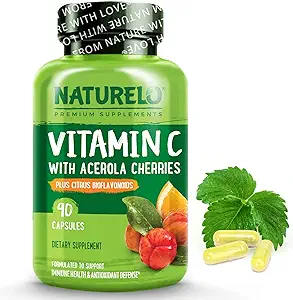
I think this article is really helpfull for understanding how important vitamins are for bladder health. Specially Vitamin C, it helps prevent infections and urinary urgency. Eating more citrus fruits could be a good idea. I learned that!